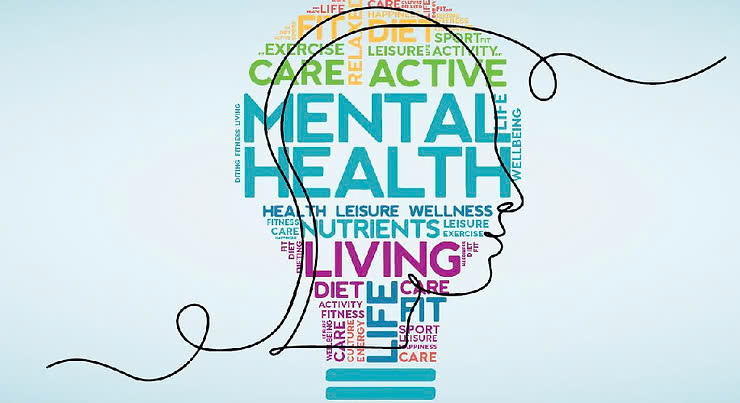Mental health is vital to our overall well-being, influencing how we think, feel, and respond to life’s challenges. Despite this, it often doesn’t get the attention it deserves. Understanding mental health’s importance, recognizing symptoms, and knowing how to maintain mental wellness can make a tremendous difference in quality of life.

From common issues like anxiety, depression, and stress to more complex conditions such as PTSD and substance use disorders, mental health challenges can affect anyone. Recognizing the signs—such as changes in mood, social withdrawal, and difficulty coping—can help individuals seek support before these issues worsen. Maintaining mental health offers numerous benefits, including emotional resilience, enhanced productivity, improved physical health, and stronger relationships.
Fortunately, there are various strategies to support mental health. Practicing mindfulness, engaging in regular physical exercise, and maintaining a balanced diet can all contribute to a healthier mind. Structuring your day and creating a daily routine can provide stability and reduce anxiety. Additionally, there are effective therapeutic approaches such as Cognitive Behavioral Therapy (CBT), psychotherapy, group therapy, and telehealth options. Each therapy offers unique benefits and can be tailored to individual needs. Managing stress is another critical aspect of mental health. Techniques like deep breathing exercises, progressive muscle relaxation, and journaling can significantly reduce stress and improve mental clarity. Creative outlets, such as art and music therapy, also offer meaningful ways to process emotions and relieve stress.
Social support plays a vital role in mental health, as close friends, family members, and supportive communities can provide emotional strength and motivation during difficult times. Building resilience is equally important. Developing resilience involves recognizing negative thoughts, practicing gratitude, and setting realistic boundaries. It’s also essential to understand that mental health needs vary across different life stages, from adolescence to old age, as each phase of life brings unique mental health challenges and needs.
If you or a loved one faces mental health difficulties, numerous resources are available, such as the National Suicide Prevention Lifeline and mobile apps like Headspace, Calm, and BetterHelp. Supporting someone with mental health issues involves offering a non-judgmental space, encouraging them to seek help, and showing empathy. Another aspect to consider is the stigma surrounding mental health, which often prevents people from seeking help. Combatting stigma through education, open conversations, and personal storytelling can encourage a healthier perspective toward mental health and empower others to seek support.
Ultimately, prioritizing mental health is a journey that requires ongoing commitment. By adopting positive habits, seeking help when needed, and building a strong support network, individuals can enhance their well-being and lead a more fulfilling life. Embracing mental health as a part of one’s holistic wellness journey can improve not only personal life but also the lives of those around them.

